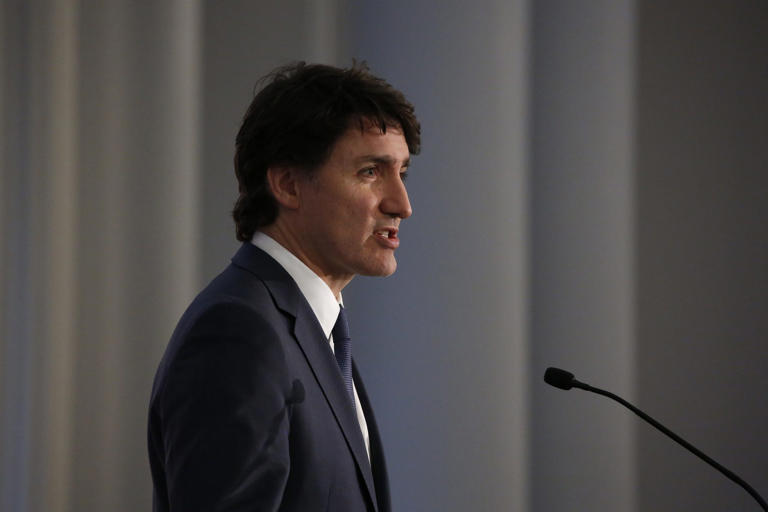“Tall poppy syndrome” encapsulates a cultural phenomenon where successful individuals or entities are often subjected to criticism or resentment from their peers or society at large. Originating from Australia, the metaphor paints a vivid picture of cutting down those who stand out, akin to trimming the tallest poppy in a field. This mindset pervades various societies, including Canada, where it’s particularly recognized, with women often experiencing its effects more acutely due to societal expectations and biases.
The resurgence of this concept at the OG100 CEO Summit in Niagara-on-the-Lake highlights its relevance in contemporary business discourse. The summit, gathering influential figures from Ontario’s business landscape, serves as a platform for discussing trends and strategies crucial for success. Under the Chatham House rule, which ensures confidentiality, participants engaged in candid conversations, revealing underlying frustrations and insights regarding Canada’s economic landscape.
A focal point of concern is Canada’s widening productivity gap, as revealed in a recent Bank of Canada report. Over the years, Canadian workers have seen a decline in their productivity relative to their U.S. counterparts, dropping from 88% in 1984 to 71% in 2022. This decline is often attributed to the perceived conservatism of Canadian business leaders, who are accused of underinvesting in research and development (R&D) and technology adoption. Such hesitancy is seen as placing Canadian workers at a disadvantage in an increasingly competitive global economy, prompting calls for more risk-taking and innovation to drive growth.
However, alongside internal factors, regulatory hurdles also hinder Canada’s economic potential. Stories abound of protracted timelines for regulatory approvals, exemplified by a CEO’s account of a 16-year wait for infrastructure modifications—a process that would have been expedited in other jurisdictions. Such bureaucratic inefficiencies stifle agility and innovation, hampering businesses’ ability to thrive and compete effectively. Moreover, the imposition of stringent regulations, such as Quebec’s expanding French-language laws, adds further complexity and compliance burdens, deterring investment and growth.
The discussion gains added urgency in the context of recent government policies, such as Prime Minister Justin Trudeau’s proposal to increase capital gains taxes. The proposed hike, raising the taxable portion to 66.7% for certain entities and individuals, threatens to dampen investment activity and stifle entrepreneurial spirit. John McKenzie, CEO of TMX Group, underscores the potential repercussions, cautioning against measures that hinder Canada’s attractiveness for talent and capital.
Navigating tax policy and regulatory frameworks is a delicate balancing act, particularly in an era characterized by rapid technological advancement and intensifying global competition. While Canada boasts inherent strengths in areas such as skills, immigration, and quality of life, the imperative for digital transformation and the specter of a faster-growing U.S. economy prompt introspection. The call to “let the poppies grow” resonates as a plea for fostering an environment conducive to innovation and growth, wherein successful endeavors are celebrated rather than stifled by regulatory burdens and taxation.
Diane Brady’s insights offer a nuanced perspective on the complexities of policy formulation and the imperative for fostering a conducive environment for economic dynamism and competitiveness. As Canada navigates the challenges of the 21st century economy, striking the right balance between regulation, taxation, and innovation will be paramount in shaping its future trajectory.
